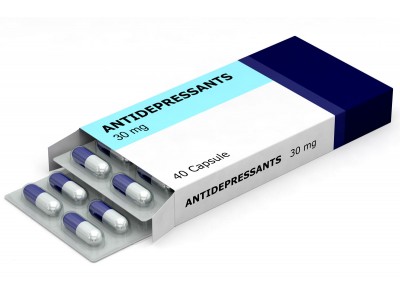Determining whether your anti-anxiety or depression medication is working before it has had enough time to take full effect can be challenging, as these medications typically take several weeks to show significant benefits. However, there are some early signs and factors that might suggest the medication is beginning to work or will be effective for you in the long run:
Initial Side Effects: While this might seem counterintuitive, experiencing some initial side effects (such as mild nausea, headaches, or changes in sleep patterns) can indicate that your body is responding to the medication. These side effects often appear within the first few days to weeks and typically subside as your body adjusts.
Improved Sleep: One of the early benefits of some antidepressants and anti-anxiety medications is improved sleep quality. If you notice that you're sleeping better or feeling more rested, it might be a sign that the medication is starting to work.
Reduced Anxiety Symptoms: Although it may take weeks for full benefits, some people experience a reduction in acute anxiety symptoms relatively quickly. This can include feeling less on edge, fewer panic attacks, or a decrease in physical symptoms like heart palpitations.
Improved Mood or Energy Levels: Subtle improvements in mood or energy levels might be noticeable early on. You might find yourself having slightly better days or moments where you feel more engaged or less fatigued.
Better Focus and Concentration: Improved cognitive function, such as better focus and concentration, can be an early indicator that the medication is starting to have an effect, especially for those experiencing anxiety or depression-related brain fog.
Feedback from Others: Sometimes, friends or family members may notice positive changes before you do. They might observe that you seem calmer, more engaged, or less withdrawn.
Consistency in Taking Medication: Adhering to your medication regimen as prescribed is crucial. Noticing that you are consistently taking your medication and establishing a routine can also contribute to a sense of stability and predictability in your daily life, which can be an indirect sign of the medication's benefit.
Monitoring and Communication: Keeping a symptom diary or journal to track your daily moods, anxiety levels, sleep patterns, and any side effects can help you and your healthcare provider assess progress. Regular follow-ups with your doctor are essential to discuss your observations and make any necessary adjustments to your treatment plan.
It's important to remember that everyone's response to medication is unique, and what works for one person may not work for another. Patience is key, as it can take time for these medications to build up in your system and produce their full therapeutic effects. If you have concerns about whether your medication is working, it's always best to discuss them with your healthcare provider, who can offer guidance and support based on your specific situation.
